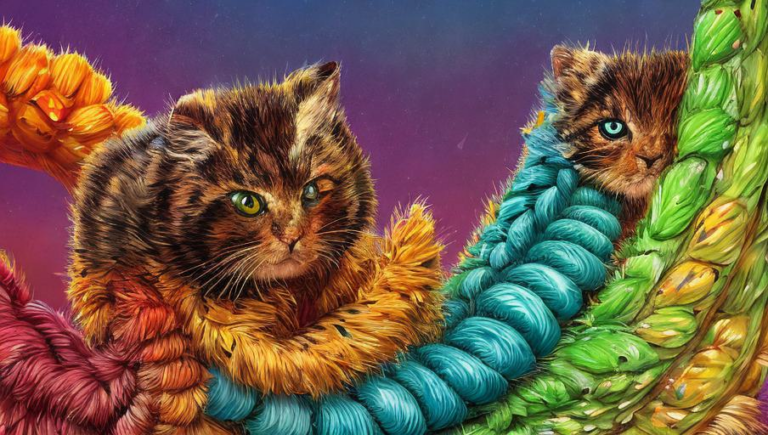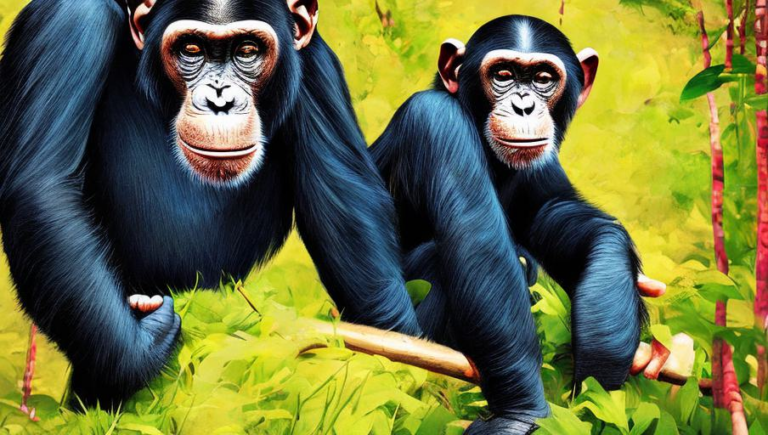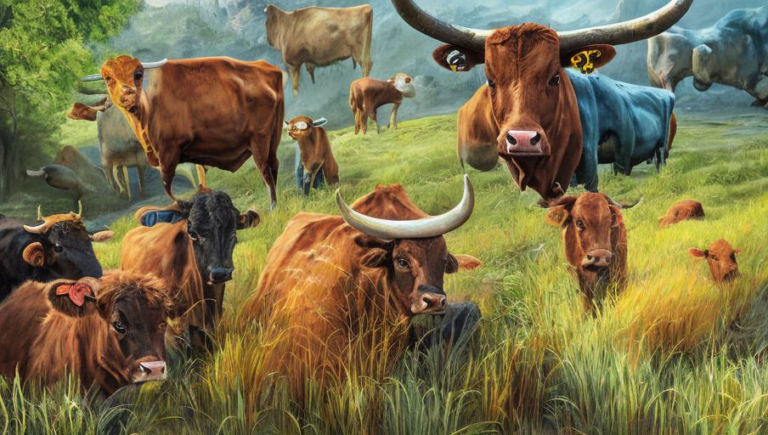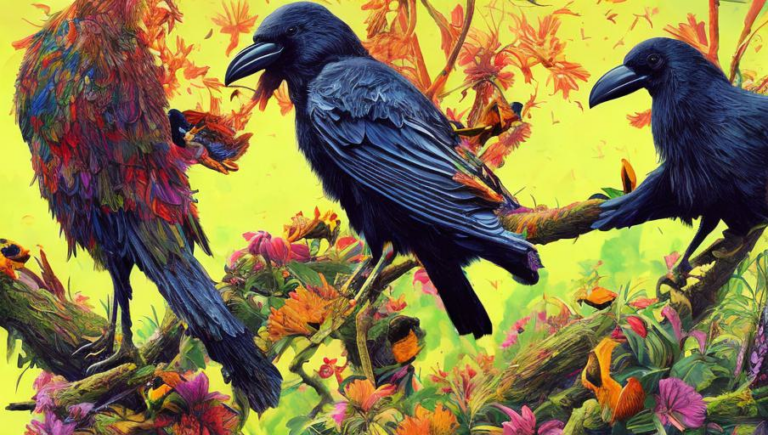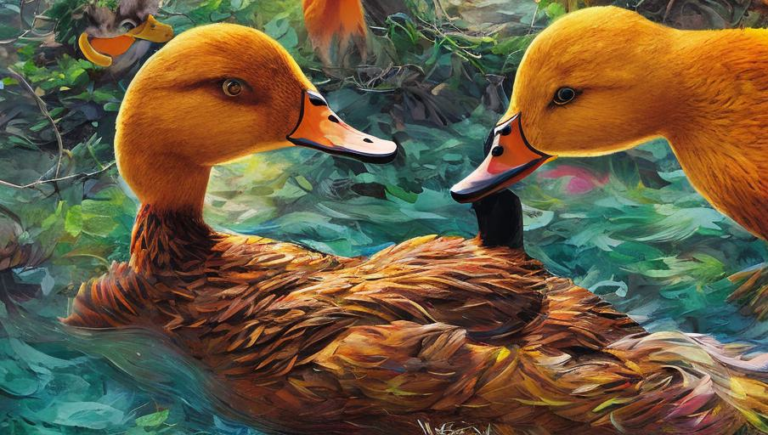Nature’s Unsung Hero: The Camel
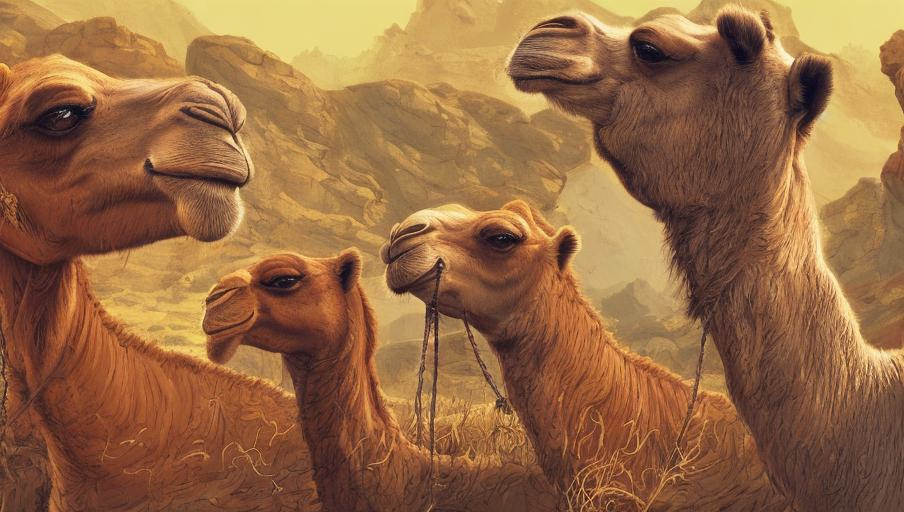
The Camel: Nature’s Unsung Hero
The camel is an animal that is often overlooked, but it is an integral part of our world’s ecosystem. It is an animal that is able to withstand extreme temperatures and arid conditions, and is able to carry heavy loads for long distances. Camels have been domesticated for thousands of years, and have been used to transport goods and people, as well as provide milk and meat. They are an essential part of many cultures, and have played an important role in human history.
Camels have been used for transportation for centuries, and are still used in many parts of the world today. They are able to carry heavy loads, and can travel long distances without needing to rest. This makes them ideal for traveling in areas with little access to roads or other transportation. Camels can also be used to transport goods, such as food, water, and medicine, to people in remote areas.
Camels are also essential to the environment. They help to keep grasslands healthy by eating the grass and preventing it from growing too tall. This helps to prevent soil erosion and maintain the balance of the ecosystem. Camels are also able to survive in extreme temperatures, and they can help to protect the environment in areas with extreme weather patterns.
The camel is an important part of many cultures, and is often seen as a symbol of strength and resilience. In some cultures, camels are seen as symbols of protection and luck. They are also used in some cultures for their milk and meat, which can provide important sources of nutrition for people in areas with limited access to food.
Camels are an essential part of the world’s ecosystems, and play an important role in the environment. They are an integral part of many cultures, and have been used for transportation and food for centuries. Despite their importance, camels are often overlooked and underappreciated. It is important to recognize their contributions and celebrate the role they play in the world.
